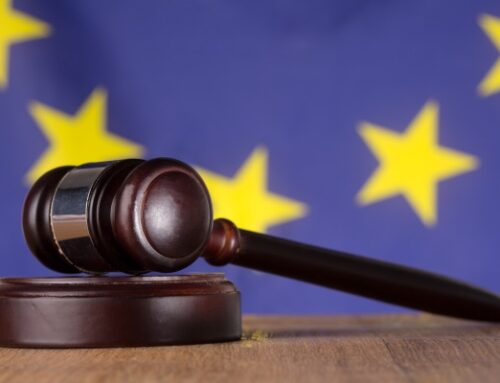Detlef Schmuck: “EU wants to carry out serious invasions of privacy quickly and secretly.
Hamburg, November 9, 2020 – “That would be the end of privacy in digital communication,” says data security expert Detlef Schmuck, assessing the upcoming ban on secure encryption in the European Union. He is referring to the secret draft of a planned declaration of the EU Council of Ministers, according to which the operators of end-to-end encrypted services are to be forced to hand over master keys to the authorities for all customer data. Schmuck is the founder and managing director of the data service TeamDrive, so he is one of those affected.
The TeamDrive boss describes the title of the EU draft resolution “Security through encryption and security despite encryption” as “completely misleading”. “In fact, such a resolution would dramatically worsen the security level in the EU”, explains Detlef Schmuck. He explains: “Services like TeamDrive do not keep any keys for customer data at all. Therefore, neither we as operators nor authorities can decrypt customer data. This is the only way to ensure privacy in digital communication”. According to the resolution, the EU member states would be able to use their keys to access private conversations and other encrypted transmissions at any time and without being recognized.
If the operators were forced to generate master keys for all customer data and pass them on to the authorities, confidentiality would not only be over, the TeamDrive boss warns. There would also be a serious danger that these keys would be stolen from the operators or the authorities by hackers. In this case, criminals would gain access to confidential customer data on a large scale in one fell swoop. “Anyone who seriously believes that central key collection points can be permanently protected against cyber attacks also believes in Santa Claus,” Detlef Schmuck sarcastically states.
He calls on the Federal Government to immediately contradict the resolution, because according to current information it is otherwise to be decided already in the 47th calendar week in the Council working group on cooperation in the national security sector. The presentation to the Council of Permanent Representatives of the EU member states is therefore planned for November 25.
“One cannot avoid the impression that the EU is using the devastating attack in Vienna as an opportunity to override the fundamental right of EU citizens to confidential private communication,” Detlef Schmuck explained. He suspects: “Since the whole world is busy fighting the pandemic, the EU bodies apparently assume that this serious legal intervention, bypassing the parliaments, will not be noticed at all”.





